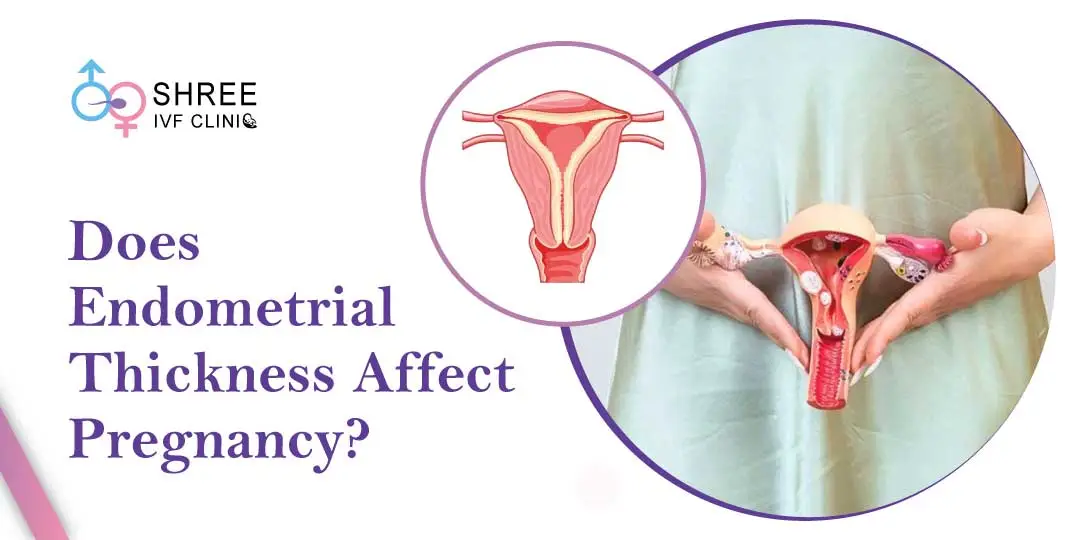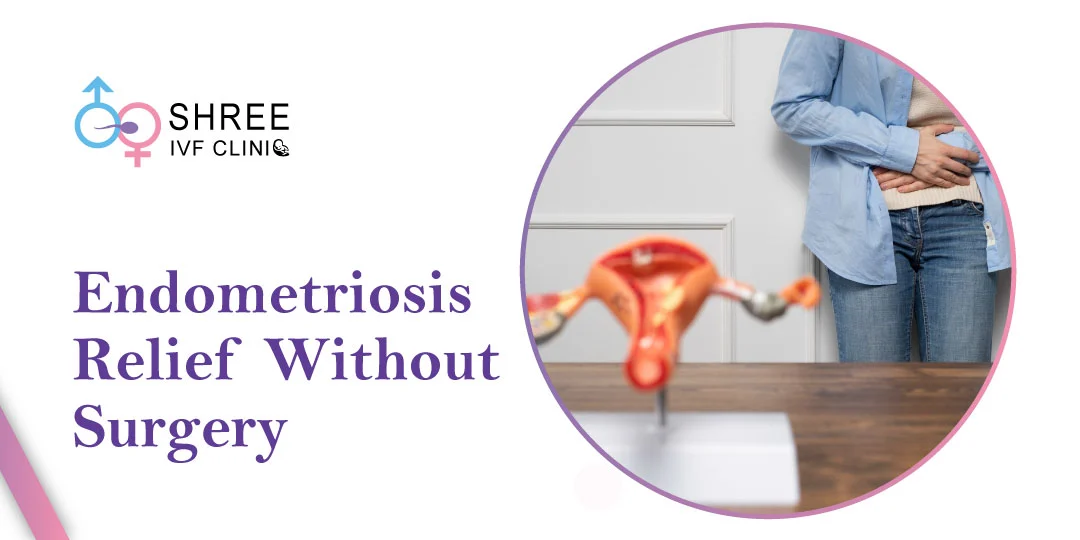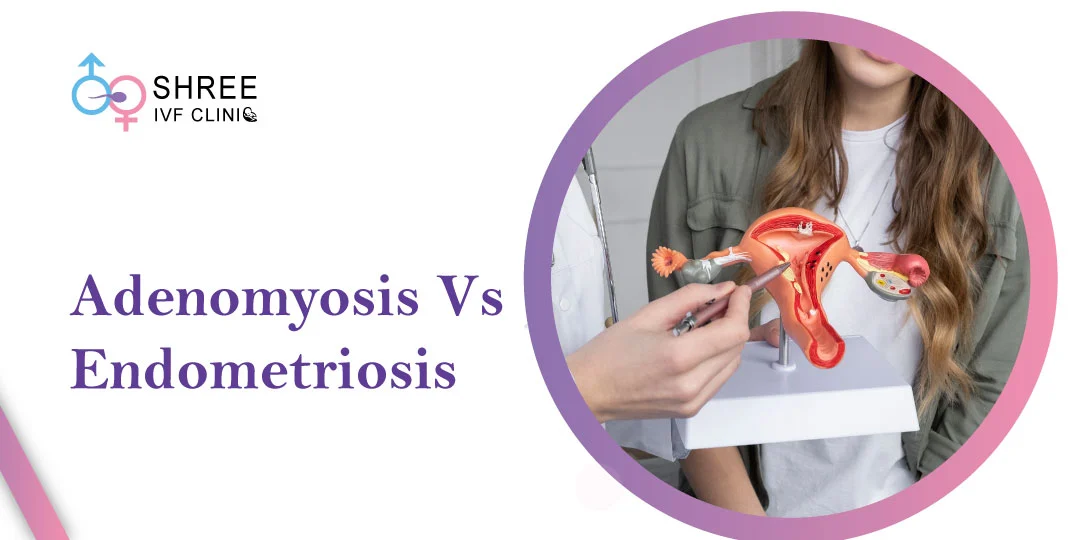Can I get Pregnant after a Failed IVF?
UPDATED ON 5 Feb. 2024
If you’re reading this, chances are you have experienced the heartache of a failed IVF cycle and are wondering if there is still hope for you to become pregnant. Rest assured, you are not alone in your doubts and fears.
As experienced IVF specialists, we understand the rollercoaster of emotions you must be going through, and we are here to offer you reassurance and insights on whether it is possible to achieve pregnancy after a failed IVF. So, take a deep breath, and let us guide you through this informative and uplifting blog post, answering the question that may be weighing heavily on your heart: Can I get pregnant after a failed IVF?

AUTHOR
Dr Jay Mehta
Scientific Director & IVF Specialist with 10+ years of experience
TREATMENT
CONDITION
Failed IVF
GET IN TOUCH ON
What Causes the IVF Cycle to Fail?
IVF failure can be attributed to various factors. The most common cause is embryonic issues, typically related to chromosomal abnormalities. These abnormalities often stem from parental age or lifestyle factors, and they can prevent the embryo from implanting in the uterus, leading to IVF failure.
Also Read: Why Does IVF Fail with Good Embryos?
Secondly, problems with ovarian response can also lead to IVF failure. In these cases, the ovaries don’t produce enough viable eggs for fertilization.
Lastly, failure can occur due to issues within the uterus, such as fibroids, polyps, or a thin endometrial lining, which can all hamper the embryo’s ability to implant.
It’s important to remember that every individual’s situation is unique, and many couples can have successful IVF cycles after making certain adjustments, such as changing medications, treatment approaches, or lifestyle factors.
Can I Get Pregnant After a Failed IVF?
Absolutely. A failed IVF cycle does not mean the end of your journey to parenthood. Many couples experience unsuccessful cycles before achieving a successful pregnancy. In fact, the likelihood of success typically increases with successive IVF cycles, as doctors gain insight into the individual characteristics of your fertility.
It is crucial to understand that every fertility journey is unique, and what worked for one couple may not necessarily work for another. That’s why it is essential to have a personalized approach to your fertility treatment after a failed IVF. This could mean adjusting your medications, undergoing further testing to better understand the challenges, or making lifestyle changes if necessary.
Remember, it’s essential to consult with your fertility specialist to discuss the next steps and explore the best options for your circumstances. Make sure to follow their advice and keep the lines of communication open. With perseverance and the right support, your dream of having a child can still become a reality.
How soon can you get pregnant after failed IVF?
The timeframe to attempt another pregnancy after a failed IVF cycle can vary widely, depending largely on the individual’s physical and emotional readiness. Medically, specialists often suggest a recovery period of about 2 to 3 menstrual cycles to allow the body to restore its natural hormonal balance after the intense regimen of fertility drugs.
However, the emotional readiness to try again is equally important and should not be overlooked. It’s crucial to give yourself time to process the emotions associated with a failed IVF cycle before embarking on the next steps of your fertility journey. It’s vital to discuss these matters openly to ensure you’re making the best decisions for your unique circumstances.
When can I start again after failed IVF?
The decision to start another IVF cycle is highly personal and depends on factors such as your physical health, emotional readiness, and financial situation. Generally, physicians advise a waiting period of 2-3 full menstrual cycles after a failed IVF attempt to allow your body to recover.
Also Read: No Periods After Failed IVF? Understanding the Meaning
However, it’s essential to speak with your fertility specialist who can provide guidance based on your specific circumstances and medical history. On the emotional side, it’s crucial to ensure you’ve given yourself enough time to cope with the disappointment and stress of the unsuccessful cycle.
Some individuals or couples may benefit from counselling or support groups during this time. Remember, there’s no right or wrong timeline for resuming treatment; it’s about what feels right for you.
” Every individual and couple’s journey is unique, and
finding the right solutions tailored to their specific
circumstances can make all the difference “
Will 2nd IVF attempt work?
Each IVF cycle is independent, and a previous unsuccessful attempt does not necessarily mean that a second IVF cycle will also fail. The success rate of IVF is influenced by various factors, including age, overall health, the cause of infertility, and the quality of the eggs and sperm.
Although there’s no guarantee, many individuals and couples have achieved successful pregnancies after multiple IVF cycles. It’s important to have an open discussion with your fertility specialist to understand your odds and explore any changes that might be made to your treatment plan to increase your chances of success in future cycles.
Steps to Take After a Failed IVF?
1. Consult Your Fertility Specialist: After a failed IVF attempt, schedule an appointment with your fertility specialist to discuss the possible reasons for the unsuccessful cycle. They may recommend further testing or changes to your treatment plan.
2. Take Care of Your Physical Health: It’s important to give your body time to recover after an IVF cycle. Follow a balanced diet, stay hydrated, and engage in low-impact exercises, such as walking or yoga.
3. Focus on Emotional Well-being: Dealing with a failed IVF can be emotionally challenging. Seek support from therapists, counsellors, or support groups, and share your feelings with loved ones.
4. Financial Planning: IVF treatments can be expensive. Consider your financial situation and explore options like medical loans or grants that can help offset the cost of subsequent treatments.
5. Consider Alternative Options: If further IVF attempts are not an option for you, discuss alternative routes to parenthood with your specialist, such as adoption or surrogacy.
Remember, it’s okay to take all the time you need to heal and prepare for your next steps, whether they include another IVF attempt or a different path altogether.
AUTHOR
Dr Jay Mehta
Scientific Director & IVF Specialist with 10+ years of experience
TREATMENT
CONDITION
Failed IVF
CALL US 24/7 FOR ANY HELP
GET IN TOUCH ON
Share Article on
Related Readings
Endometriosis Thickness and Its Impact on Pregnancy
A good endometrial thickness (8-14 mm) is essential for pregnancy, especially in women with endometriosis. Learn how it impacts fertility and conception
How To Cure Endometriosis Without Surgery?
Endometriosis symptoms can be managed without surgery. Medications, natural remedies, and lifestyle changes help to manage symptoms
Difference Between Adenomyosis and Endometriosis
Endometriosis causes tissue to grow outside the uterus, while adenomyosis leads to growth within the uterine muscle





